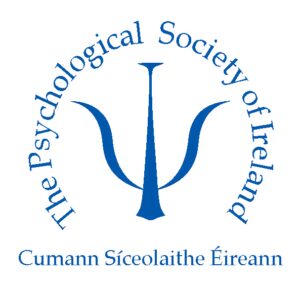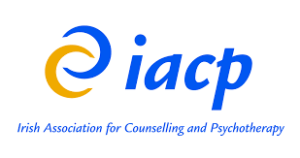Psychotherapy Training and Accreditation
Paula graduated with a Professional Diploma in Counselling and Psychotherapy from the Tivoli Institute in 2015. She also graduated with an Honours Degree in Psychology from University College Dublin in 2012. Paula is a graduate member of the Psychological Society of Ireland and a fully accredited member of the Irish Association for Counselling and Psychotherapy (IACP). She abides by the Code of Ethics set by the IACP and is committed to continuous professional and personal growth through regular supervision and training.
She has completed various trainings on Mindfulness and its clinical applications; Neurodiversity-affirming therapy, Gender, Sex and Relationship Diversity; Acceptance and Commitment Therapy (ACT); Dialectical Behavioural Therapy (DBT), and working with Intergenerational Trauma.
Paula’s approach to therapy is tailored to the needs of individual clients. Paula’s theoretical background is humanistic and integrative, and incorporates Psychodynamic therapy, Cognitive Behavioural Therapy (CBT), Person-Centred and Psychoanalytic therapy.
Counselling and Psychotherapeutic Approach
Paula offers a trauma-informed and non-judgemental space for clients to express their thoughts and feelings around issues that can be difficult to talk about. While Paula’s approach is adapted according to the needs of each client, a common approach of her therapy is working from a relational psychotherapy perspective. Relational psychotherapy is based on the idea that much (though clearly not all) of what causes emotional distress is relational; whether that be distress related to people in one’s current day life, past relationships, or a difficult relationship with oneself.
Relational psychotherapy also takes in account intersectionality, as disempowering social contexts, discrimination or minority stress can clearly impact on one’s ability to feel safe in the world and in relationships. A relational psychotherapy approach pays attention to what is happening in all of these relationships, including the therapy relationship, as a means of building awareness of how the client relates to themselves and others, addressing relational hurts and trauma, and finding new ways of relating that serve the client better in their lives.
Counselling Experience and Areas of Interest
Paula has helped support clients with issues such as anxiety, depression, sexuality, low self-esteem, addiction, burnout, loss, trauma and chronic illness.
Neurodiversity-Affirming Therapy.
Paula has a particular interest in supporting clients who are neurodivergent, or who are questioning if they are neurodivergent (e.g. ADHD or autistic or dyspraxia). Paula is neurodivergent herself and is committed to working from a neurodiversity-affirming approach.
What is a neurodiversity-affirming approach?
A neurodiversity-affirming approach is strengths based and sees neurodivergent ways of communicating and being in the world as equally valid and valuable. This is not to say that individuals don’t face challenges due to being neurodivergent. For example, sensory overload or difficulties with executive function can of course impact mental health.
However, a key tenet of a neurodiversity-affirming approach is that many of the challenges faced by neurodivergent people are due to a difficult environment and not directly due to their neurotype. An example of this are noisy, open plan offices which can be difficult for people with sensory issues. Throughout their life, neurodivergent people also experience a greater amount of criticism, exclusion or misunderstanding for the ways they communicate and behave. This can contribute to shame and mental health difficulties but can also lead to masking (hiding traits that are neurodivergent in an attempt to fit in). While, masking is in one sense protective, having to hide one’s true self and needs can come at a cost to mental health and can be very lonely.
Some common features of neurodiversity-affirming therapy can be exploring your neurodivergent identity and building self-acceptance, seeking to understand your needs and how/if the environment can be adapted (including self-advocacy), learning how to navigate sensory overload, and finding ways to support your executive functioning. However, like any other therapy, the space is client-led in terms of what is explored.
Paula’s fee is €75 per session




